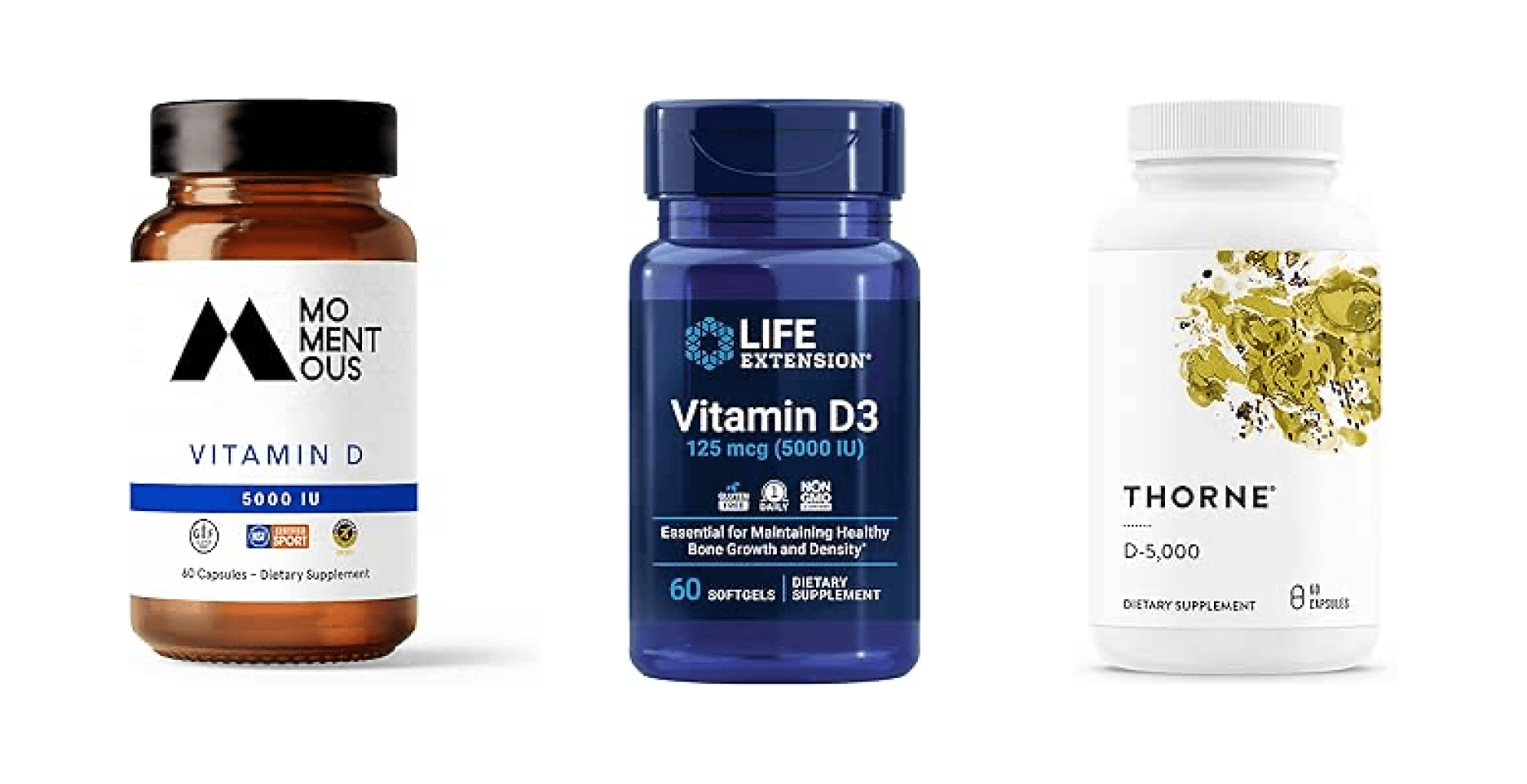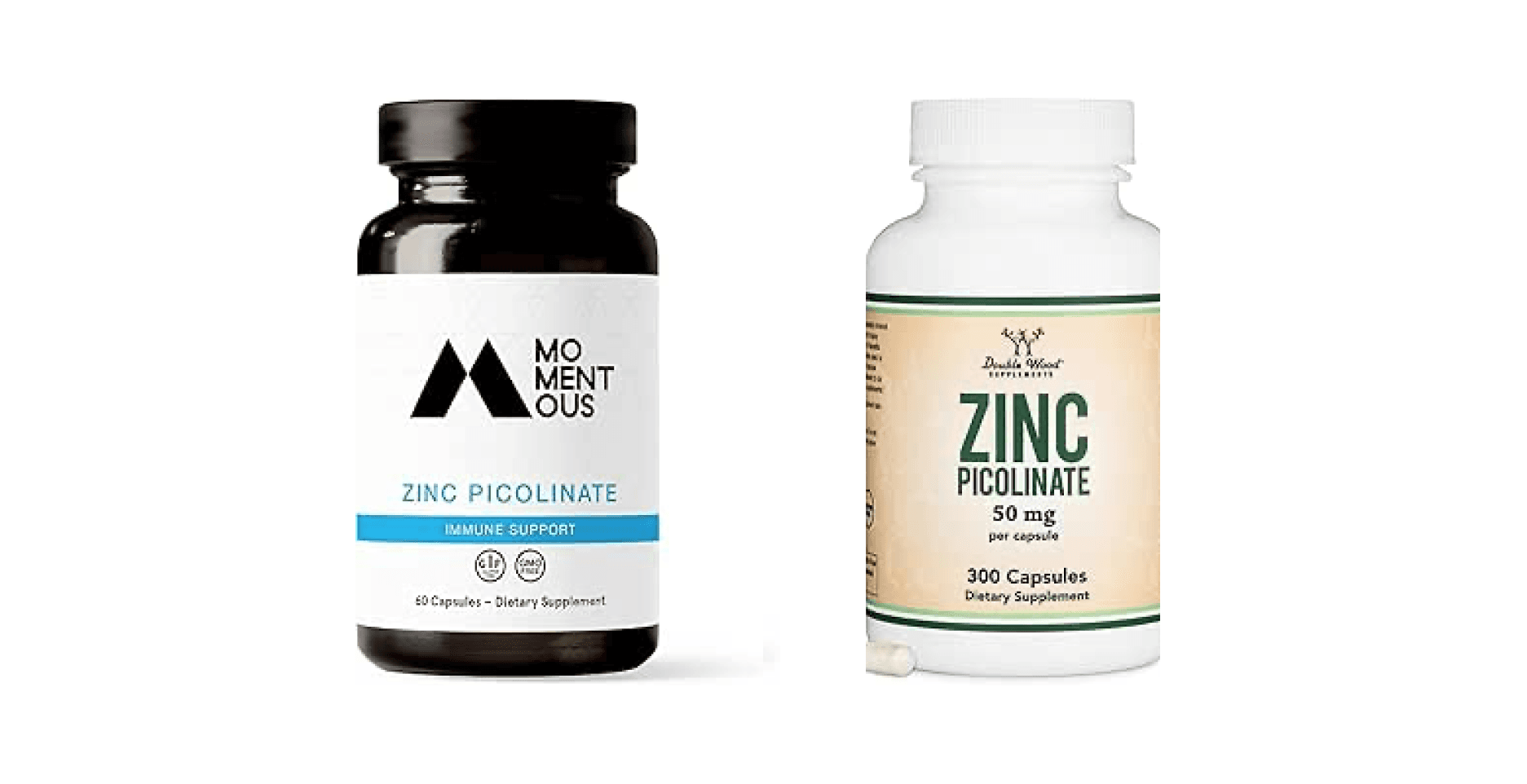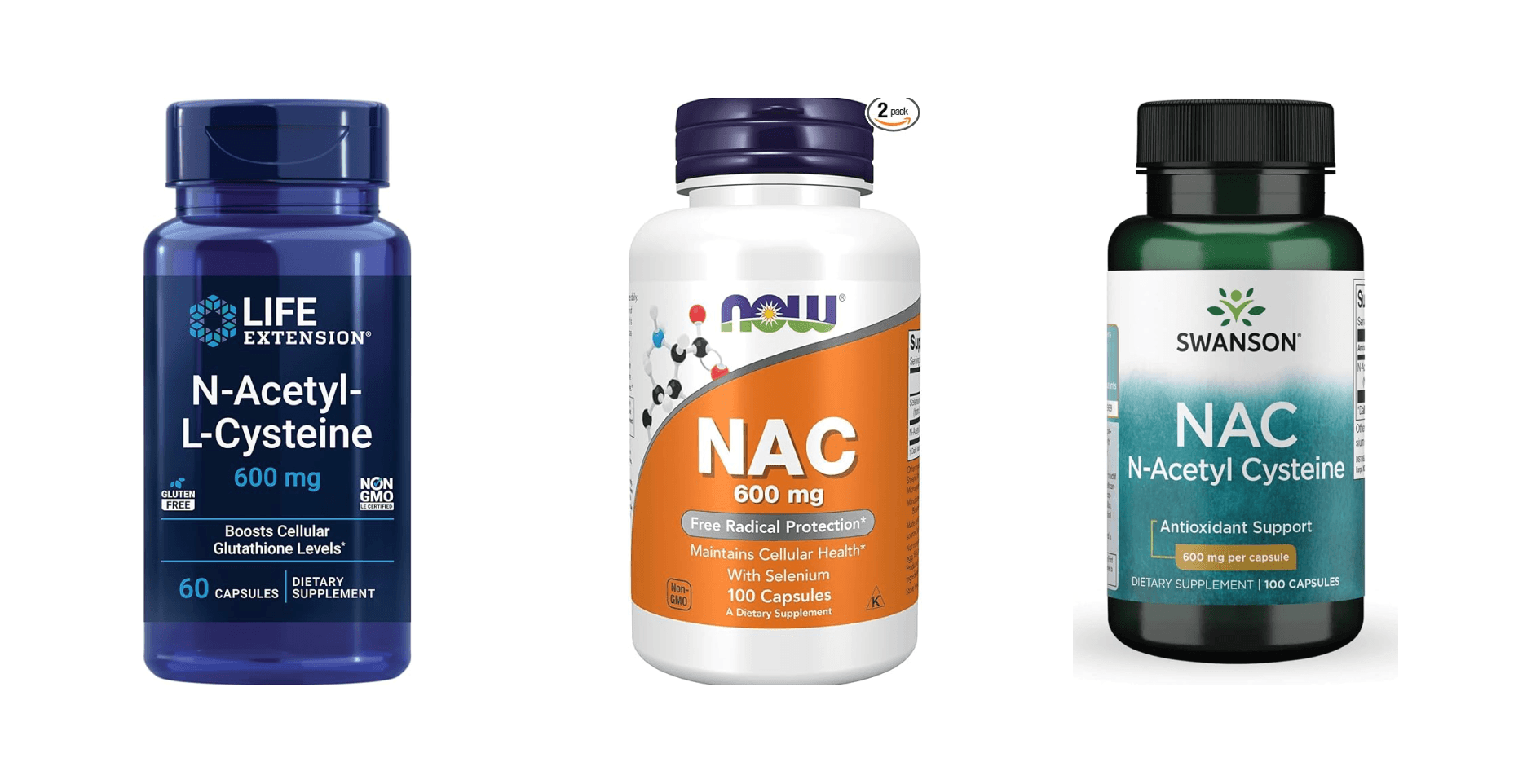Supplements for Colds & Flu
TLDR:
The most effective supplements for reducing the chances of getting sick/reducing the severity of the illness during cold/flu season, according to Huberman, include:
- Vitamin D
- Zinc
- N-acetylcysteine (NAC)
There are a few others he sites that don't have the same strong claim as the first 3:
- Vitamin C
- Echinacea
Proper use of these supplements, along with healthy lifestyle habits like good sleep and nutrition, can help bolster your immune system during the winter months.
Vitamin D
For Immune Support
Vitamin D plays a key role in immune function, and people with low levels are more susceptible to respiratory infections.
Huberman suggests that supplementing with 1,000 to 2,000 IU of vitamin D per day can help strengthen immune defenses, especially for those who don't get enough sun exposure.
However, it’s best to tailor your dose based on blood test results to avoid deficiencies or excessive intake.
Reputable brands to consider:

Zinc
Shorten Cold Duration
Zinc is one of the most effective supplements for reducing the severity and duration of the common cold when taken at the first signs of illness.
Huberman recommends around 100 mg of zinc daily, with a focus on zinc lozenges.
It’s essential to take zinc with food to prevent stomach upset. Though most studies focus on its effects on the common cold, some evidence suggests zinc may help with the flu as well.
Reputable brands to consider:
- Momentous - Zinc Picolinate - 15 mg per capsule
- Double Wood - Zinc Picolinate - 50mg per capsule

N-Acetylcysteine (NAC)
Flu Prevention
NAC is a precursor to glutathione, the body’s master antioxidant. According to Huberman, NAC shows promise in preventing flu infections.
A study found that only 25% of people taking NAC developed flu symptoms compared to 79% in the placebo group.
Huberman personally uses 600-900 mg of NAC three times daily when sick to relieve congestion, making it a potentially valuable supplement for cold and flu management.
Reputable brands to consider:
- Life Extension (NAC) - 600 mg
- NOW Foods (NAC) – 600 mg
- Swanson (NAC) – 600 mg

Vitamin C
Limited Effectiveness for Colds
Despite its popularity, Huberman points out that the research supporting high doses of vitamin C to prevent or treat colds is weak.
While some studies suggest that megadoses of 6-8 grams daily may shorten cold duration, such large amounts often cause digestive issues like diarrhea.
For most people, especially those already getting vitamin C from food or supplements, Huberman doesn't recommend taking high doses as a reliable method to prevent illness.
Echinacea
Not Recommended for Long-Term Use
Echinacea is a widely used herbal supplement believed to boost immune function, but Huberman advises against it for daily or long-term use.
He explains that scientific support for echinacea’s effectiveness in preventing illness is lacking, and some research even suggests that prolonged use could impair immune cells.
Huberman suggests limiting echinacea to short-term use only if you find it personally helpful when you’re already sick.
A 2005 meta-review questioned the effectiveness of echinacea for common colds.
As always, Huberman and many others like Dr. Andy Galpin mention that you shouldn't even be sniffing supplements unless you've already prioritized the basics like sleeping well, getting nutritious whole foods in your diet, and properly hydrating.

Dr. Andrew Huberman
Neuroscientist & Podcast Host (The Huberman Lab)
...
Andrew Huberman, Ph.D., is a neuroscientist and tenured professor in the Department of Neurobiology and by courtesy, Psychiatry and Behavioral Sciences at Stanford School of Medicine.
Dr. Huberman is also the host of the Huberman Lab podcast — the #1 Health & Fitness podcast on Apple Podcasts and Spotify.
Categories:
Disclaimer: The information presented on this website are for informational and entertainment purposes only. Please consult a medical professional when considering changes to your routine, supplements, etc.
Additionally, please note that some product links in our content are affiliate links. While not all routines & products are officially endorsed by the individuals mentioned, we strive to ensure that the information we provide is accurate and up-to-date.

